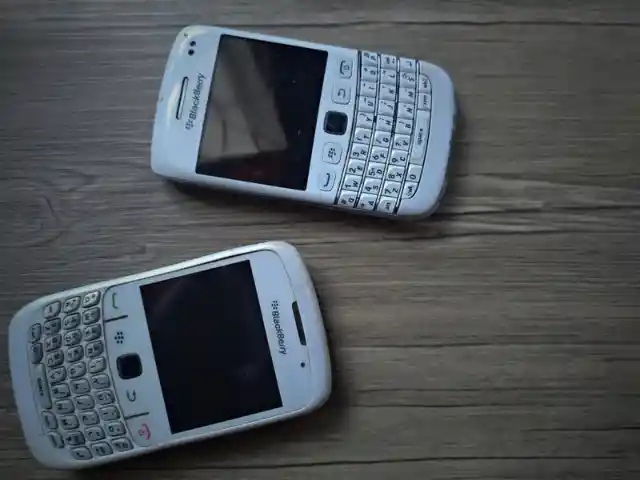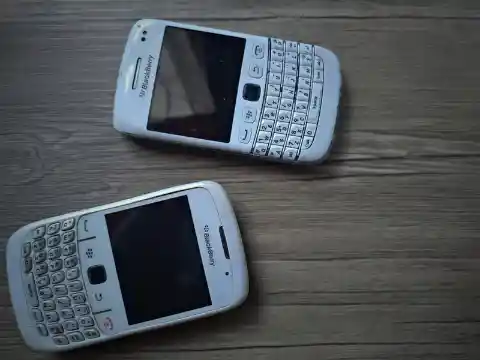The long term partnership between BlackBerry and TCL is set to end in August 2020 when TCL will no longer make BlackBerry handsets. This represents the culmination of a four-year partnership, with TCL continuing to support current BlackBerry handset models until 31st August 2022.


TCL has announced that from 31 August 2020 they will no longer sell Blackberry mobile devices and this was confirmed by BlackBerry in their statement confirming that TCL will no longer have any rights to design, produce or sell BlackBerry mobiles.
To date, there is no confirmation as to what this will mean to owners of BlackBerry handsets after 2022. Users who have taken to Twitter have been met with silence from both companies.
The Big Announcement
The announcement comes after what has been a difficult few years for both TCL and BlackBerry.
— BlackBerry Mobile (@BBMobile) February 3, 2020
BlackBerry hit the market with its own operating system and became a world leader in the market User loyalty was key, with the popularity of its full-qwerty keyboard gaining it a good following at the outset.
At its peak, the Canadian-founded company controlled 50% of the US smartphone market and around 20% of the market globally.
However, the demise of BlackBerry can be laid at the door of the touchscreen. As Apple launched its iPhone and the huge numbers of Android devices started to hit the shelves the company has seen a steady decline in market share.
BlackBerry looked set to focus on other services such as security and hardware until TCL arrived with an offer in December 2016 to take over the manufacture of its handsets.
With BlackBerry focusing on providing the security and apps for these, the two companies moved into the Android-based smartphone arena with some success. This looked set to provide a much-needed regeneration for BlackBerry.
However, it seems that as growth in the market for smartphones has started to slow it has become harder to encourage consumers to move onto new devices. There are now multiple Asian-based handset suppliers and these now dominate global smartphone markets.
The combination of these factors has meant that the collaboration between TCL and BlackBerry has failed to live up to early expectations.
In fact, TCL now has only 1% of the global market in smartphone devices. Alongside its work with BlackBerry TCL has been promoting its own handsets – making the end of the collaboration inevitable.